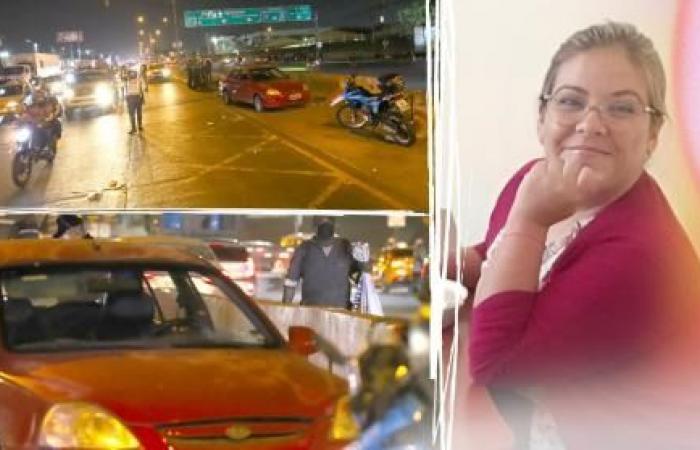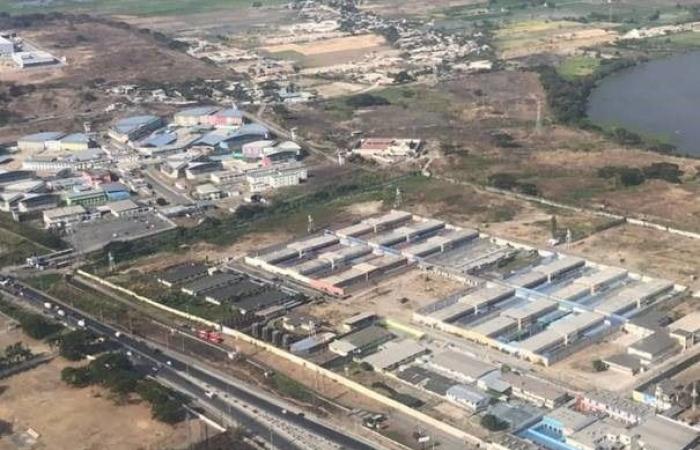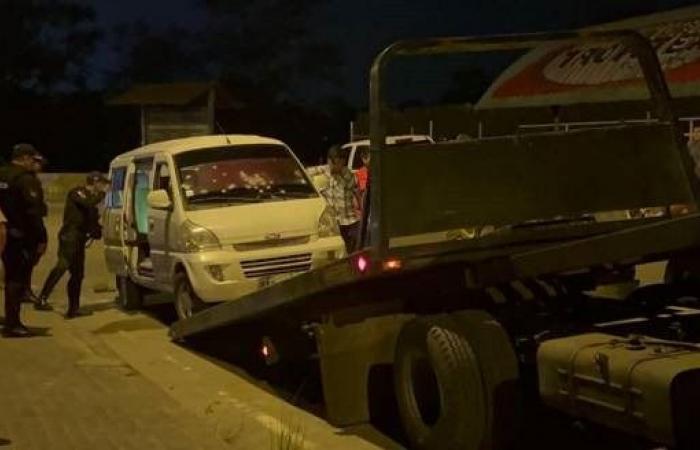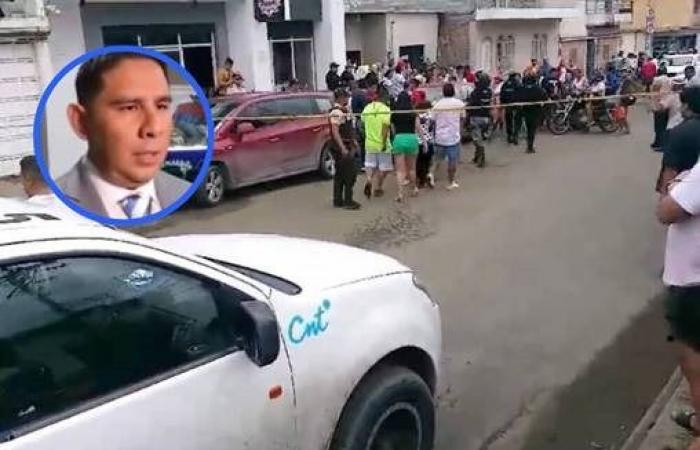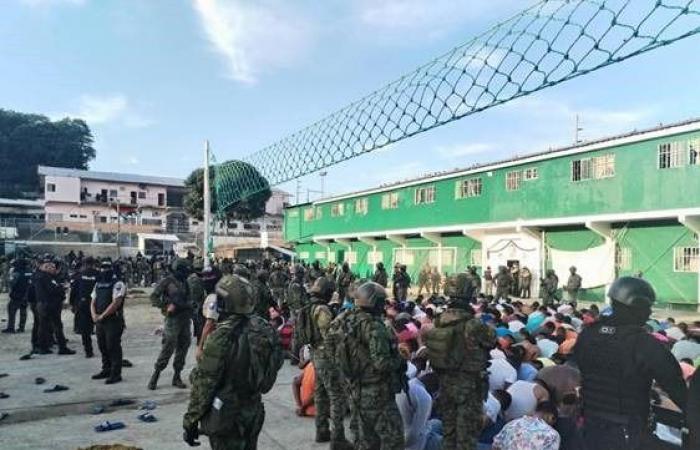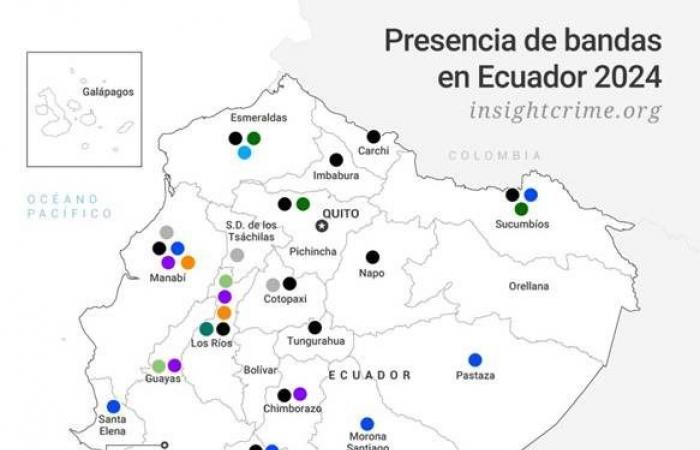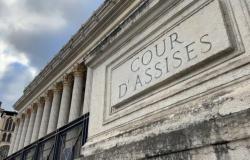On the night of September 12, gunmen shot dead María Daniela Icaza, director of the Litoral penitentiary, east of Guayaquil, the largest men’s prison in the country and the scene of the most atrocious massacres that shook the Ecuador in recent years.
Icaza was traveling from the prison to Guasmo Sur Hospital about 17 kilometers away when sicarios intercepted his vehicle.
Another prison official who accompanied him was injured in the attack.
The incident occurred just nine days after Álex Javier Guevara Angulo, the director of Sucumbíos prison, was killed in the municipality of Lago Agrio.
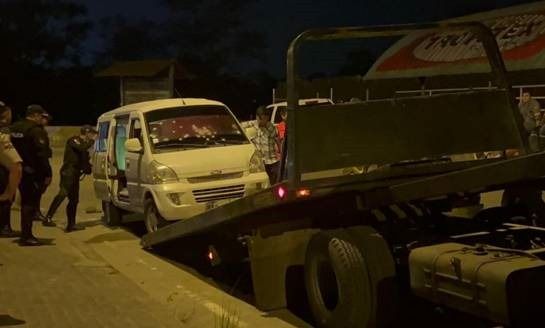
Five months earlier, it was Cosme Damián Parrales Merchán, the director of the “El Rodeo” prison in the Manabi N°4 region who was murdered with a bullet to the head in front of a restaurant in San Lorenzo de Jipijapa. He had only just taken office.
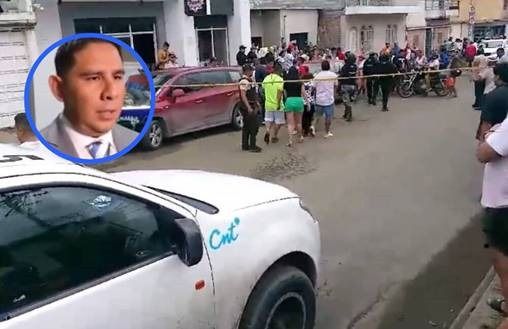
These targeted killings of prison directors took place as part of President Daniel Noboa’s crackdown on crime policy which aims to reduce violence in Ecuadorian penitentiary establishments.
Ecuadorian prison gangs seem to want to regain control of the prison system which for them is a vital space from which they direct their activities throughout the country.
Although the deployment of military personnel to quell prison riots and prevent massacres is supposed to be temporary, security expert Melania Carrión said the government’s failure to address deeper systemic problems shows the absence of strategies clear in the medium or long term to control the prison environment.
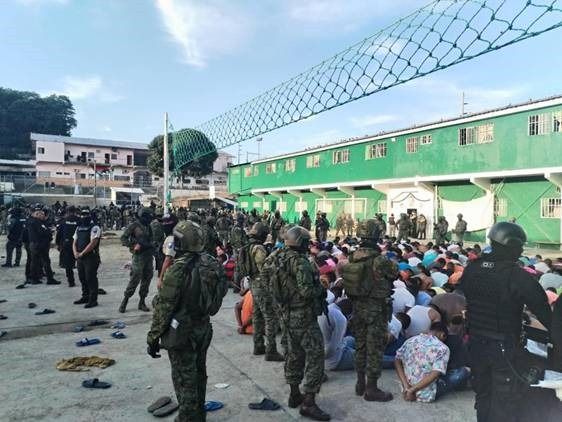
So far, efforts to increase prison capacity and impose emergency decrees have failed to weaken the gangs’ hold on these facilities.
The murders of prison directors and a series of violent acts, including drone attacks, massacres and targeted assassinations inside prisons, underline that violence remains the main means of controlling gangs. Moreover, the homicide rate in the country increased between 2017 and 2023 from 5 to 46 per 100,000 inhabitants.
These gangs have also traditionally exerted their influence through the corruption of prison staff and the police. No one really has a choice, noting that even the highest officials who are theoretically protected constitute easy targets for the sicarios.
As Ms. Carrión explained, Ecuador lacks coordination between all state services to purge the prison system and bring about lasting reform.
In addition, several analysts have expressed concern about the inadequate employment conditions and lack of training of security forces – particularly the military – which poorly prepare them to confront organized crime.
Situation global
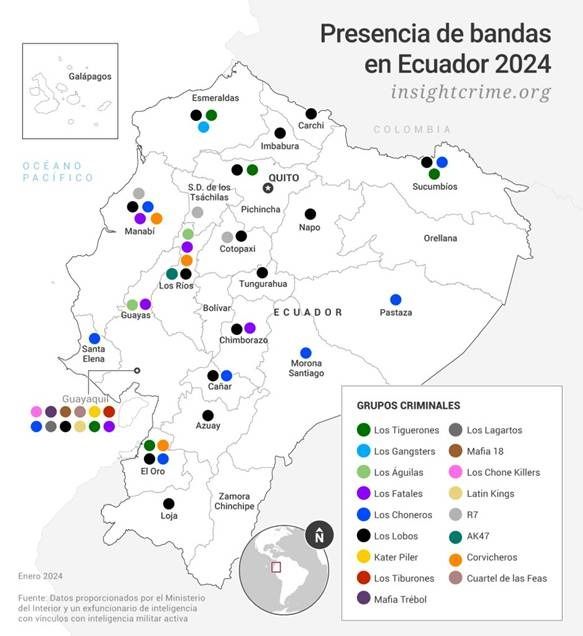
The numerous criminal gangs in Ecuador have a significant territorial presence as well as various sources of financing, which poses a huge problem for the institutions of this country which remain weak with limited resources. New President Daniel Noboa cited 22 criminal groups classifying them as “terrorist organizations,” a number much higher than past official estimates.
According to Renato Rivera-Rhon, coordinator of the Ecuadorian Organized Crime Observatory (OECS), these groups are generally competitors but “there are long-term strategic and short-term tactical alliances with very specific objectives.” Their current objective is to demonstrate their power, mainly to the government but also to the populations.
Latent competition between gangs makes war against them difficult because any military operation that considerably weakens one gang can favor another giving it a strategic advantage.
According to a 2023 Ecuadorian government report, the combination of transnational coca trafficking and retail drug sales in Ecuador remains the main source of criminal revenue but other economic activities are growing.
Thus, human trafficking, environmental crimes and racketeering have increased considerably between 2021 and 2022.
The government, for its part, is severely lacking in resources and increasingly dependent on the generosity of Washington.
In the short term, the government had no choice: a militarized response was needed to counterbalance the importance of the gangs.
However, President Noboa did not specify what would follow if the military response succeeded in restoring order. Namely that the fight against organized crime must be global and not just security-related.
Published on
October 3, 2024

